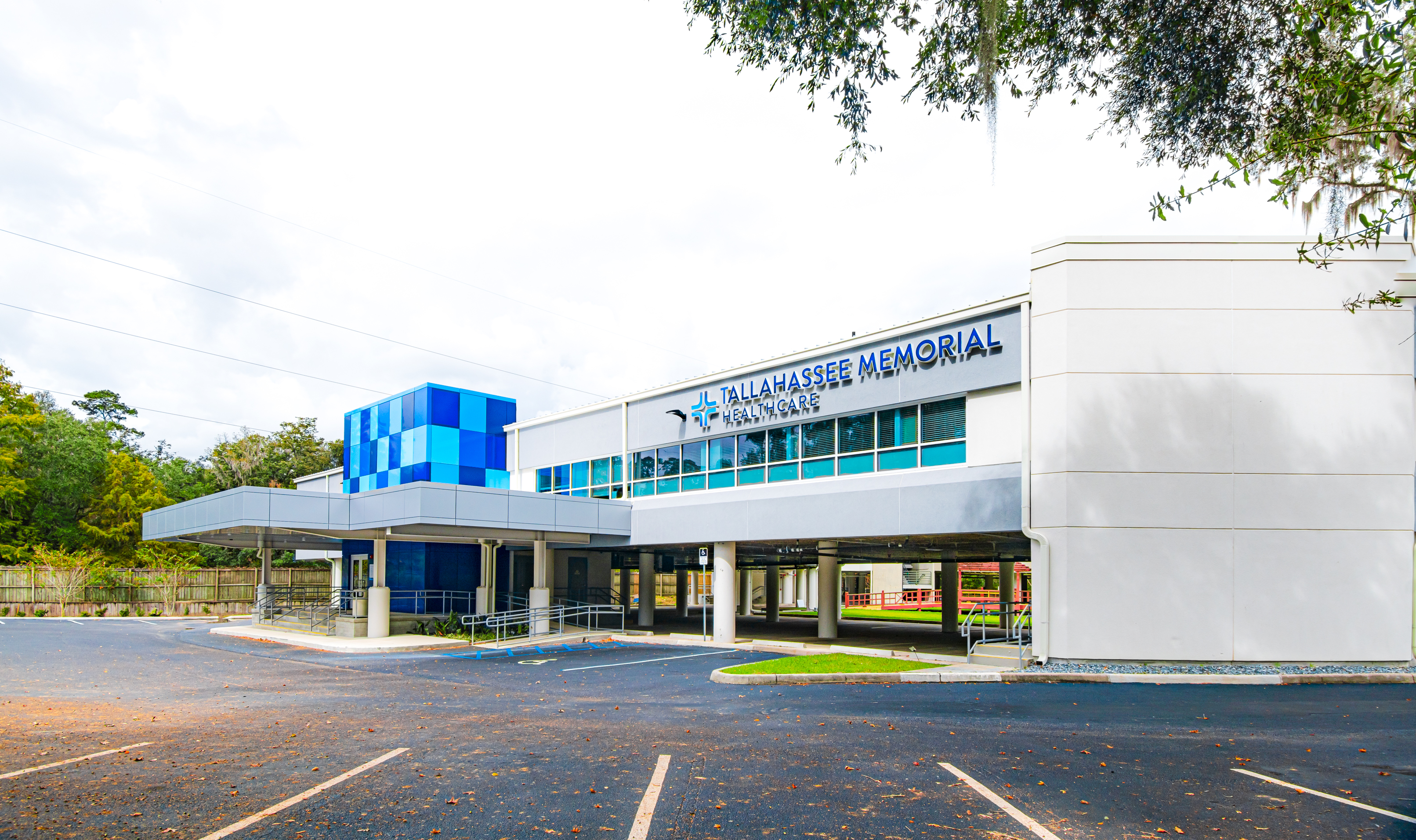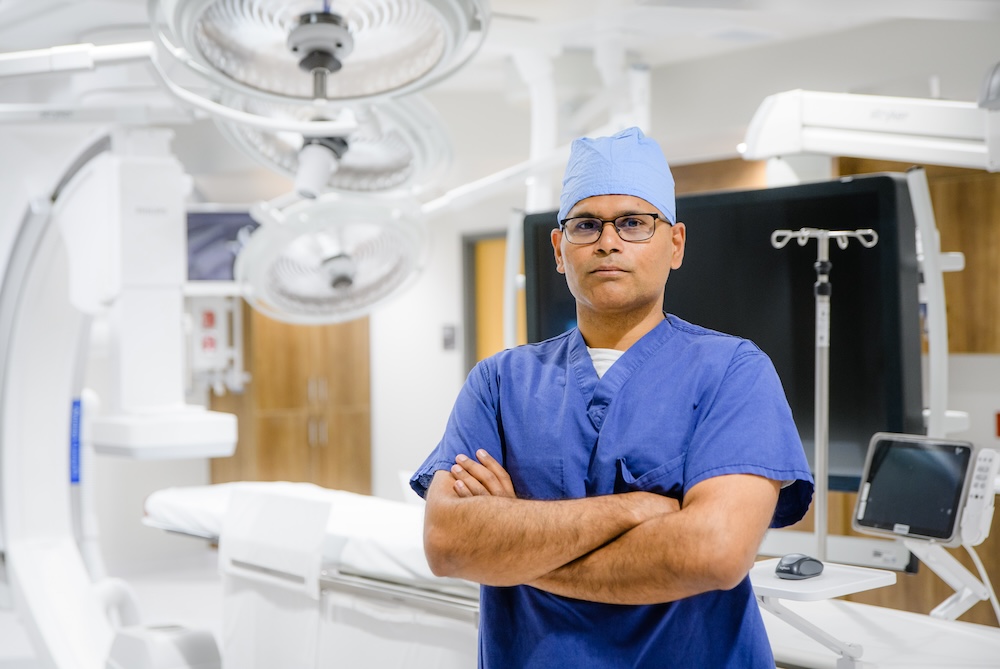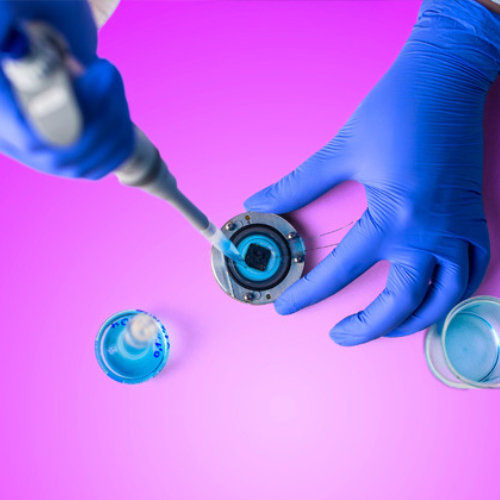TMH Leads Use of Novel Approaches for Left Atrial Appendage Management
Tallahassee Memorial HealthCare (TMH) offers unique and innovative approaches to left atrial appendage (LAA) management for patients with arrhythmia, including atrial fibrillation (AFib)—the most common type of arrhythmia, often associated with significant complications.1 The LAA is a small, ear-shaped pouch attached to the left atrium of the heart where blood clots can form in patients with AFib. “About 90% of strokes caused by nonvalvular AFib originate in the LAA,” said Venkata Bavikati, MD, an electrophysiologist with TMH Physician Partners, Services by Southern Medical Group. “Most patients are treated with anticoagulants or blood thinners, but some cannot tolerate or safely take these medications.”
 Patients with bleeding risks, anticoagulant intolerance, a tendency for falls, or high-risk occupations (e.g., firefighters) are at higher risk for bleeding complications and may not be suitable candidates for anticoagulation therapy, Dr. Bavikati noted. For these patients, TMH offers a procedure called LAA closure.
Patients with bleeding risks, anticoagulant intolerance, a tendency for falls, or high-risk occupations (e.g., firefighters) are at higher risk for bleeding complications and may not be suitable candidates for anticoagulation therapy, Dr. Bavikati noted. For these patients, TMH offers a procedure called LAA closure.
“Essentially, we deploy a device inside the LAA to close it off, excluding it from circulation. This allows us to safely stop blood thinner therapy while providing the same protection from stroke as anticoagulation,” Dr. Bavikati explained.
TMH is the only center in the region to offer LAA closure and was among the first three centers in the United States to perform the procedure following FDA approval of the device in 2015. To date, TMH has performed over 700 LAA closure cases.
“In our community, we are the only group of electrophysiologists providing comprehensive AFib management,” Dr. Bavikati said. “We are a high-volume center for AFib ablation and LAA closure. When companies look to introduce new technologies, they seek centers with experienced physicians, high case volumes, good patient outcomes and strong community impact. TMH meets all these criteria.”
To maintain positive outcomes, TMH adheres to rigorous benchmarks, ensuring procedures are performed safely and effectively. Experienced cardiologists are a critical component of offering LAA management.
TMH’s electrophysiologists take extensive precautions to minimize complications by selecting the correct device size for each patient, achieving proper deployment and verifying device placement and function.
Although rare, LAA closure carries risks, including heart perforation, pericardial effusion and tamponade, occurring in less than 1% of cases.
“We monitor carefully,” Dr. Bavikati said. “After placing the device, we perform a transesophageal echocardiogram (TEE) to ensure the device is well seated, completely sealed, and free of leaks or clots. Follow-up TEEs are conducted at six to seven weeks post-procedure and again after six months.”
TMH actively participates in clinical trials to advance LAA management and provide patients access to cutting-edge therapies.
Recently, TMH participated in the CHAMPION-AF clinical trial, which evaluated LAA closure as a first-choice treatment option compared with anticoagulants for all AFib patients—not just those unable to tolerate blood thinners.2
“The study just completed enrollment, and we are awaiting results,” Dr. Bavikati said. “If LAA occlusion proves superior, more patients may become eligible for this procedure.”
Similarly, the OPTION trial compared LAA closure with blood thinners in patients who had undergone AFib ablation.3 Results from this trial are also pending, with additional studies on the horizon.
Another treatment option available at TMH is the left atrial clip, a surgical approach to occluding the LAA. Together, these therapies ensure TMH can provide tailored treatment options for all nonvalvular AFib patients.
TMH emphasizes shared decision-making between cardiologists and referring physicians to optimize care for AFib patients.
Operational processes ensure seamless referrals and continued engagement with referring providers.
“We rely on the involvement of referring physicians in shared decision-making,” Dr. Bavikati said. “We communicate our plans and ask for their assistance, fostering a strong team approach that benefits our patients.”
References
- Kornej J, Börschel CS, Benjamin EJ, et al. Circ Res. 2020;127(1):4-20.
- CHAMPION-AF clinical trial (CHAMPION-AF). ClinicalTrials.gov. Updated July 25, 2023. Accessed April 10, 2025. https://www.clinicaltrials.gov/study/NCT04394546
- Comparison of Anticoagulation With Left Atrial Appendage Closure After AF Ablation (OPTION). ClinicalTrials.gov. Updated July 24, 2023. Accessed April 10, 2025. https://www.clinicaltrials.gov/study/NCT03795298
Our Locations

Heart Care +2 more
TMH Physician Partners, Services by Southern Medical Group - Heart Rhythm Clinic
2100 Centerville Road - Tallahassee, FL 32308


